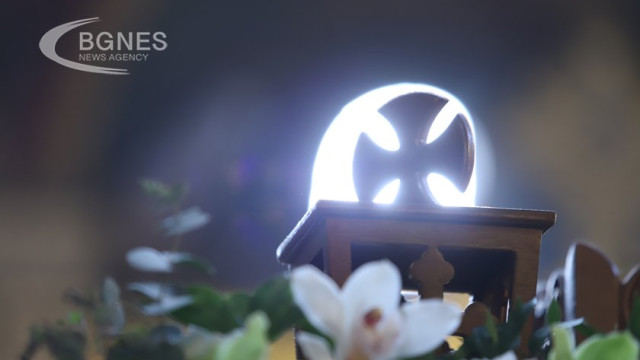Holy Saturday is the last day of Holy Week, preceding Easter. This is also the last day when eggs are painted.
The Church glorifies Holy Saturday as "the most blessed seventh day". Because this is the day when the Word of God lies in the grave like a dead man, but at the same time saves the world and opens the graves.
Already laid in the grave, the Spirit of Jesus is in hell to break his chains and open the doors of heaven again. This will happen the next day - on the Sunday called by the shortest name - Easter.
On Great Saturday, the church service begins early in the morning and continues continuously until the end of the day, so the last Saturday chants merge with the Easter (Sunday) chants and end already with the sounds of the solemn "Christ is risen!".
Women visit cemeteries, pour and burn incense, give painted eggs and bread for the souls of the dead. Usually on Saturday, the ritual Easter breads are kneaded and baked.
Holy Saturday is also the last day on which eggs can be dyed for Easter. The holiday is associated with the lamentation and burial of Jesus Christ by his mother the Holy Virgin and by women bearing myrrh. His tomb is sealed and a guard is placed in front of it.
According to the custom of the Jews, Joseph and Nicodemus took down the pure body of the Lord from the cross, wrapped it in swaddling clothes with incense and laid it in a new stone tomb in Joseph's garden, which was not far from Calvary. The chief priests and the Pharisees knew that Jesus Christ had foretold his resurrection. Not believing what was foretold, and fearing that the Apostles might steal the body, they asked Pilate for a military guard. They placed the guard at the grave, and sealed the grave itself. /BGNES







